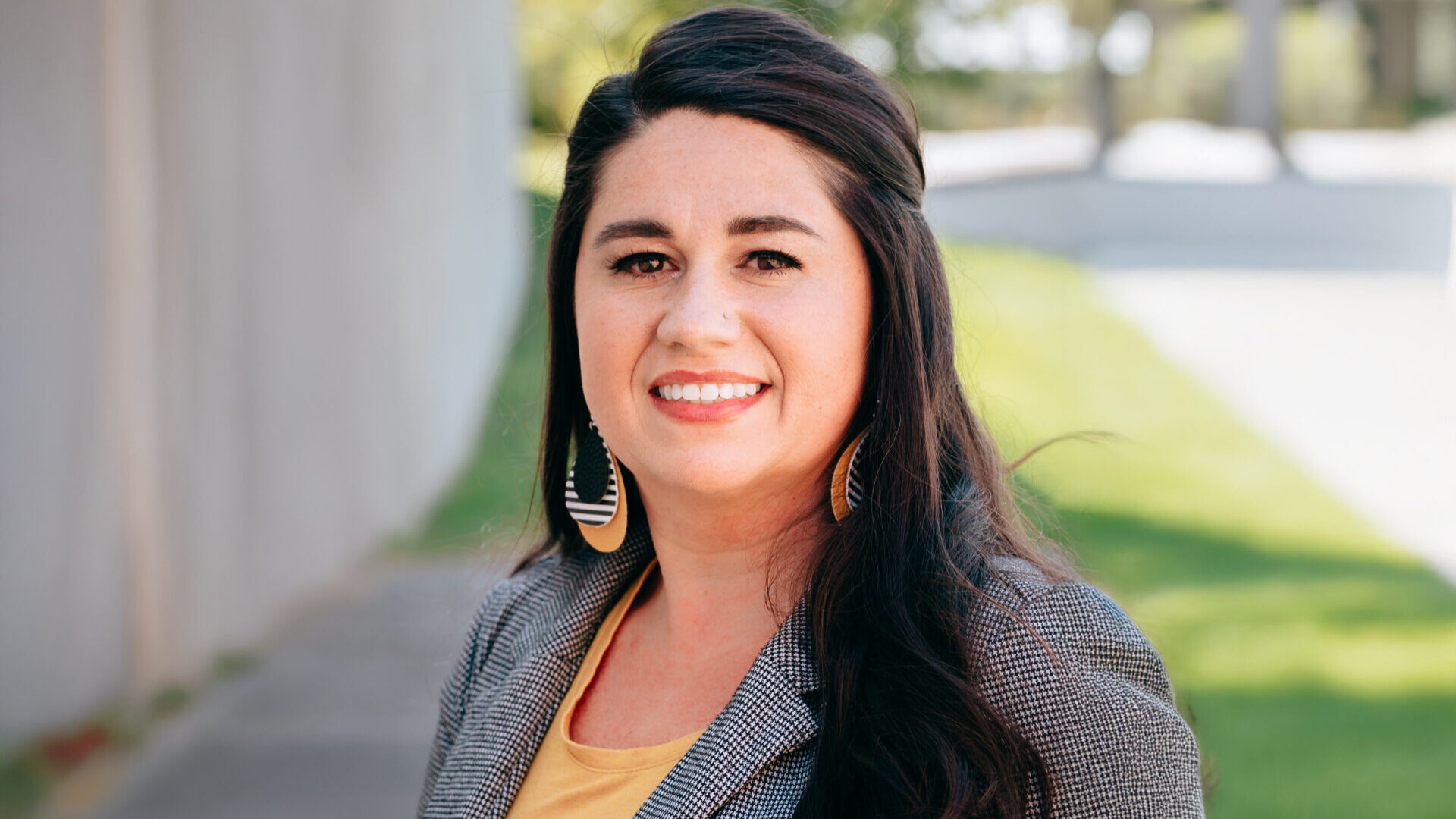Trauma Informed Care — It’s Not Just a Training

Though Gwen Taylor didn’t always know the phrase Trauma Informed Care, she was on a mission to learn and understand more about children’s behaviors and how others can respond to those behaviors.
“It was something that I knew in my mind and my body, but I didn’t have terminology for,” said Taylor. “It was really part of a self-discovery journey — alongside a professional journey — of wanting to do more to help others be able to connect with our kiddos and serve them better.”
That’s when Taylor, the Program and Inclusion Director for Girl Scouts of the Northwestern Great Lakes, first discovered Wellpoint Care Network’s trauma-informed Train the Trainer Certification course. She enjoyed the fact that the Seven Essential Ingredients framework allowed opportunities for dialogue, perspective shift and bringing people together.

“By offering the lens to generational, historical and race-based trauma, it gives us a platform to have conversations that we might not be able to have otherwise,” said Taylor. “In my opinion, we have to continue to infuse it into everything that we do and bring it up as much as possible.”
That’s why Taylor has trained more than 100 people so far within the Girl Scouts community — from employees to troop leaders and camp counselors.
“At camp, you’ve got kiddos divulging really big things and exhibiting big behaviors,” said Taylor. “Camp staff doesn’t know what to do with that because we’re talking about 18-, 19- and 20-year-olds. I also started getting a lot of calls from troop leaders who were seeing concerning behaviors they didn’t know how to help with or manage. So, over time, it became about giving everybody the language and the opportunities to better support our kids and families.”
While certain populations are statistically more at-risk for experiencing the adverse impacts of trauma, Taylor believes instilling a trauma-informed mindset and approach eventually serves everybody.
“We make a lot of assumptions about who has had trauma and who hasn’t,” said Taylor. “That’s why it’s so important to give everybody the language, tools and mindset, because it’s not our job to make those assumptions.”
However, Taylor didn’t want to stop there. She has also hosted Trauma Informed Care training for many within the medical field.
“I had a training for Girl Scouts staff, and I invited some people who are in the medical profession because they were interested in learning more,” said Taylor. “That quickly morphed into me teaching medical students through the Medical College of Wisconsin, the Wausau branch.”
At least once a year, Taylor goes to the Medical College and spends the day with students talking about trauma, trauma-informed responses and how trauma is showing up, particularly in the healthcare system.
“We have a lot of young adults who really don’t understand how trauma and biases are showing up in health care, and it’s such a great opportunity to have conversations about those things in tandem because you kind of have to talk about both of those at the same time.”
And, it doesn’t stop there. Taylor has also put her Trauma Informed Care training to use throughout the central Wisconsin community.

“I’ve worked with the chief of police, the Boys and Girls Club, school districts and many others,” said Taylor. “Through my partnership with the police department, we’ve had open dialogues about how race relations and historical trauma impact how people interact with police officers. This started pre-COVID and pre-George Floyd, but as you can imagine that intensified everything in the conversations that we are having.”
When it comes to Trauma Informed Care training, Taylor thinks each and every person can benefit from the tools and resources offered at Wellpoint Care Network.
“I think that so many people think that Trauma Informed Care is just for certain sectors — social workers, teachers,” said Taylor. “But, it’s so much more than that. It’s about understanding yourself and how you’re showing up in a space and making connections with everyday people. It’s looking at things through a different lens in the grocery store or at the park. To me, it’s a really beautiful, freeing thing, even setting aside the professional piece of it.”
“Then, in the professional realm, the amount of toxic stress and trauma that our kiddos are going through, it’s just so big. If we can all come together and get on the same page, we have an opportunity to make a huge difference. Not just in a few kiddo’s lives, but for generations to come.”








